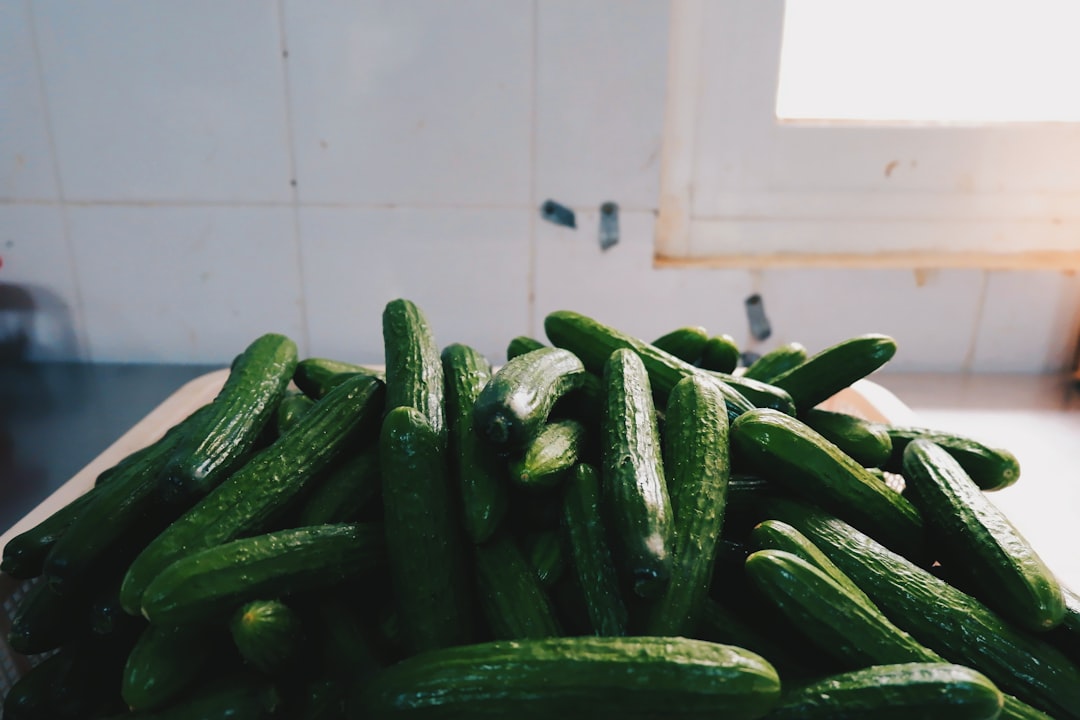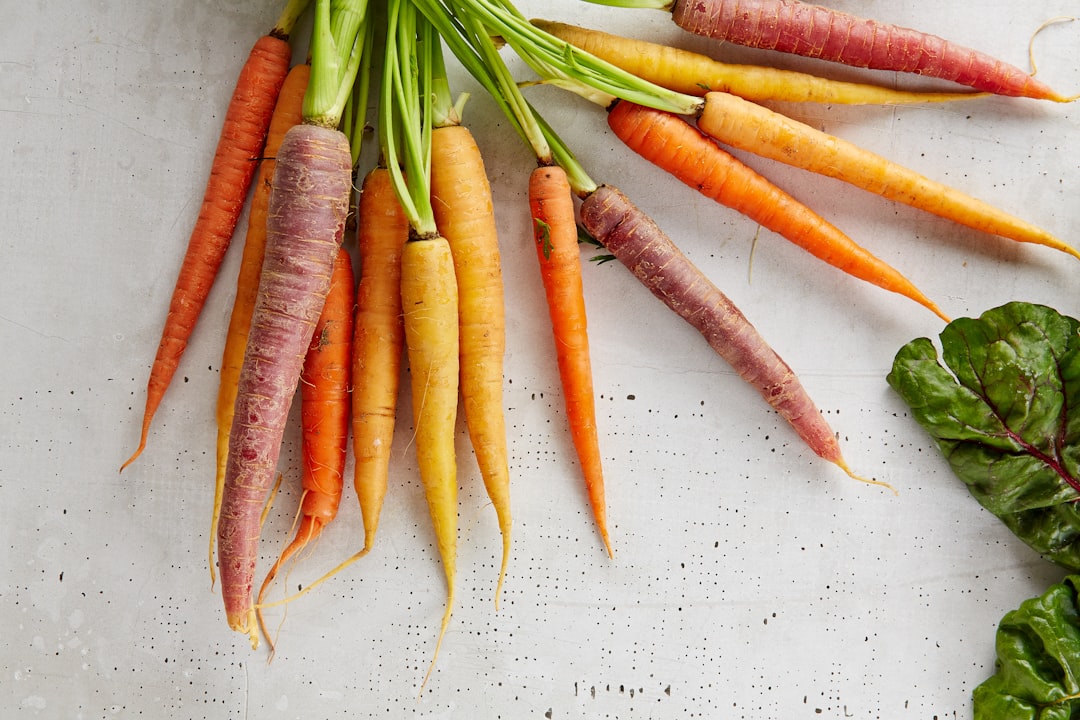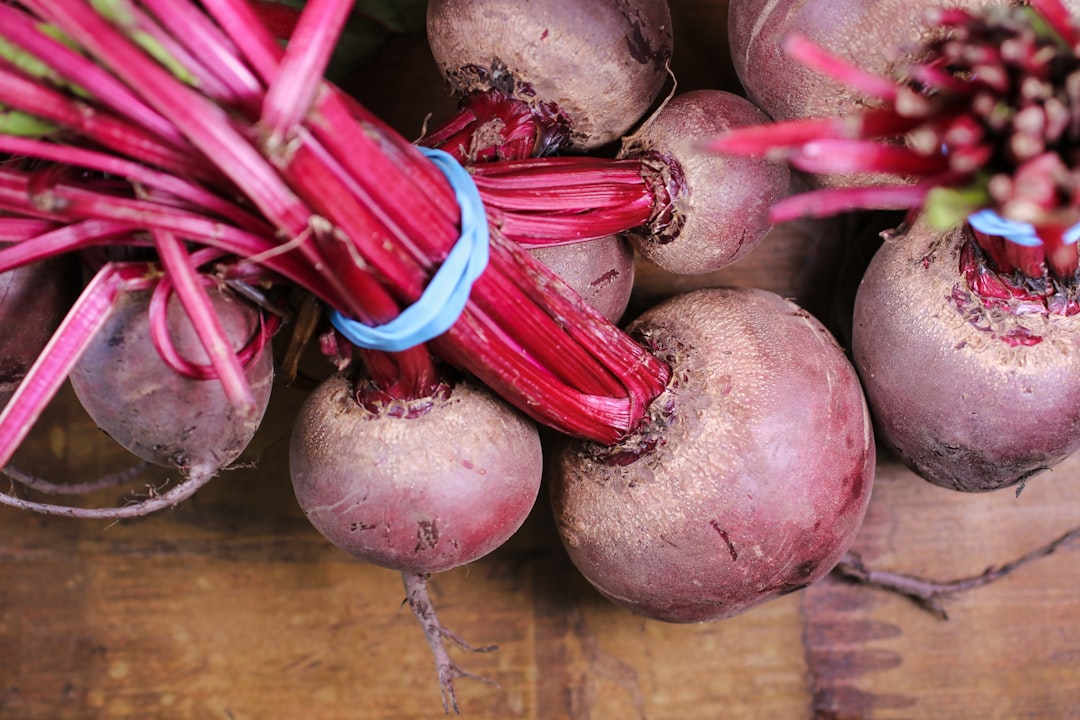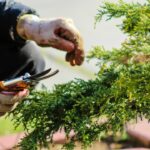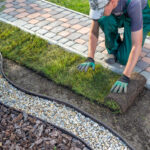10 Easy Vegetables To Grow from Seed
Growing vegetables from seeds can be a rewarding and cost-effective way to enjoy fresh produce right from your garden.
Whether you’re a seasoned gardener or a beginner looking to dip your toes into gardening, there are plenty of vegetables that are easy to grow from seed.
In this post, we’ll explore some of the most beginner-friendly vegetables, along with tips and tricks to help you succeed in your gardening journey.
Why Start with Seeds?
While it’s possible to buy young seedlings from a nursery or garden centre, starting with seeds offers several advantages.
Firstly, seeds are generally more affordable than buying established plants. Secondly, you have a wider variety of vegetable choices when starting from seeds, including heirlooms and rare varieties.
Finally, growing from seeds allows you to witness the entire lifecycle of the plant, fostering a deeper connection to your garden.
Beginner-Friendly Vegetables to Grow from Seed
1) Lettuce (Lactuca sativa):
Lettuce is one of the easiest vegetables to grow from seed. It germinates quickly and thrives in cool weather, making it suitable for early spring or fall planting.
You can grow a variety of lettuce types, from loose-leaf to romaine, and enjoy a continuous harvest by sowing seeds every few weeks.
2) Radishes (Raphanus sativus):
Radishes are the go-to crop for impatient gardeners. They grow rapidly and can be ready for harvest in as little as three weeks. These colourful and peppery roots are perfect for adding crunch to salads or enjoying on their own.
3) Green Beans (Phaseolus vulgaris):
Green beans are a versatile and productive choice for any garden. They can be grown as bush beans or pole beans, depending on your available space. With regular watering and sunlight, green beans will reward you with a bountiful harvest.
4) Zucchini (Cucurbita pepo):
Zucchini plants are robust and produce a generous amount of fruits. They thrive in warm weather and can be easily grown from seed. Just be prepared for a bumper crop, as zucchinis are known for their prolific nature.
5) Cucumbers (Cucumis sativus):
Cucumbers are another fast-growing vegetable that loves warm temperatures. They can be grown vertically to save space and encourage straighter fruits. Fresh, crisp cucumbers from the garden are a delight during hot summer days.
6) Carrots (Daucus carota subsp. sativus):
While they require a bit of patience due to their slow germination, carrots are generally low-maintenance and rewarding to grow. They come in various colors and shapes, making them a fun addition to your vegetable patch.
7) Beets (Beta vulgaris):
Beets are a hardy root vegetable that can be grown from seed with ease. The leaves are edible too, and you can harvest them for salads or sautéing while waiting for the roots to mature.
8) Spinach (Spinacia oleracea):
Spinach is a nutritious leafy green that prefers cooler weather. It can be grown in spring or fall and is relatively quick to reach maturity. Regular harvest encourages new growth, ensuring a steady supply of tender leaves.
9) Peas (Pisum sativum):
Peas are a cool-season crop that can be directly sown into the ground. They grow on vines, so providing some support will help them reach their full potential.
10) Tomatoes (Solanum lycopersicum):
While tomatoes require a bit more attention than some other vegetables on this list, they are still relatively easy to grow from seed. Choose determinate varieties if you have limited space, as they are more compact and manageable.
Tips for Successful Seed Starting
a. Choose Quality Seeds: Invest in high-quality seeds from reputable sources. Look for varieties that are labelled as “easy to grow” or “suitable for beginners.”
b. Timing Matters: Read the seed packets for information on the best time to plant in your area. Consider using a planting calendar to stay organised.
c. Prepare the Soil: Ensure your garden soil is well-draining and rich in organic matter. Loose, fertile soil promotes healthy root development.
d. Proper Watering: Seeds need consistent moisture to germinate. Be careful not to overwater, as this can lead to rotting. A spray bottle is handy for gentle watering.
e. Thinning Seedlings: When seedlings sprout, thin them to allow enough space for proper growth. Crowded plants can compete for resources and weaken each other.
f. Protect from Pests: Keep an eye out for pests and take appropriate measures to protect your seedlings. Organic pest control options are preferable, especially if you plan to consume the produce.
Where Can I Get Beginner-Friendly Vegetable Garden Seeds?
If you’re looking for beginner-friendly vegetable garden seeds, Gardening Direct offers a wide selection of high-quality vegetables specifically geared towards first-time gardeners.
We carry varieties that are easy to grow and come with detailed instructions for successful planting. Browse our store to find a great selection of vegetable seeds.
Conclusion
Growing vegetables from seed is a satisfying and accessible way to connect with nature while reaping the rewards of your efforts in the form of fresh and delicious produce. Start with the easy-to-grow vegetables mentioned above, and as you gain confidence and experience, you can explore more diverse and challenging varieties.
Remember, gardening is a continuous learning process, so don’t be discouraged by any setbacks. With a bit of care and patience, your garden will flourish, and you’ll enjoy the journey of becoming a successful vegetable grower.
Frequently Asked Questions (FAQs)
How deep should I plant the seeds?
The general rule of thumb is to plant seeds at a depth of approximately twice their diameter. Small seeds like lettuce and carrots can be lightly pressed into the soil surface, while larger seeds like beans and peas can go deeper.
Can I start seeds indoors?
Absolutely! Starting seeds indoors can give you a head start on the growing season. Use seed-starting trays or pots with a good seed-starting mix. Ensure they get sufficient light and gradually acclimate them to outdoor conditions before transplanting.
How often should I water my seedlings?
Seedlings are delicate, and overwatering can be detrimental. Water when the top layer of soil feels dry to the touch. A spray bottle or gentle watering can help avoid excessive moisture.
What should I do if my seeds don’t germinate?
Several factors can affect germination, including old seeds, improper temperature, or poor soil conditions. Be patient, as some seeds may take longer to sprout. If nothing happens after the recommended germination period, consider replanting with fresh seeds.
Do I need a large garden space to grow vegetables from seed?
Not necessarily. Many vegetables can be grown in containers, making them suitable for balconies, patios, or small yards. Choose compact or dwarf varieties for limited spaces.




